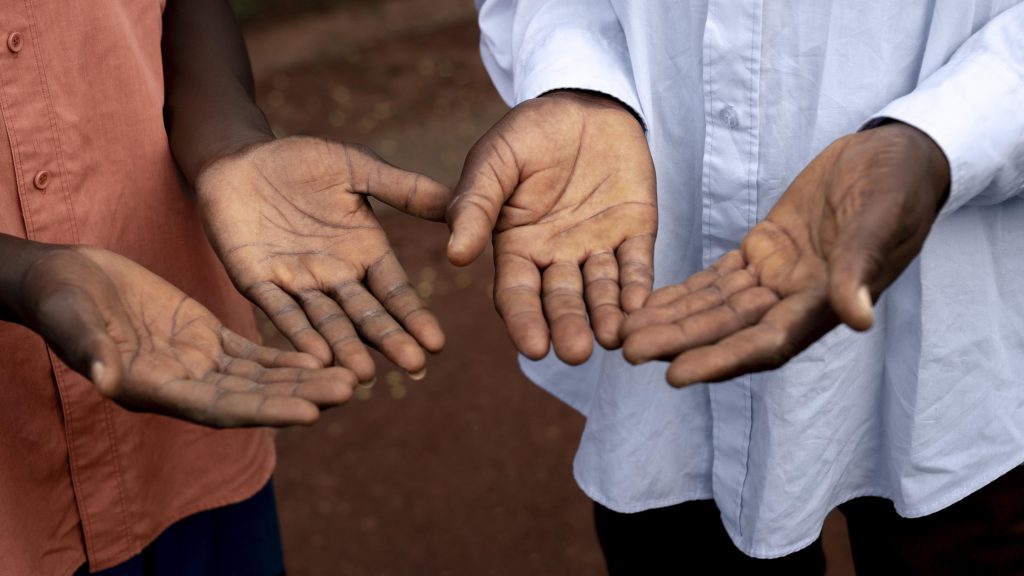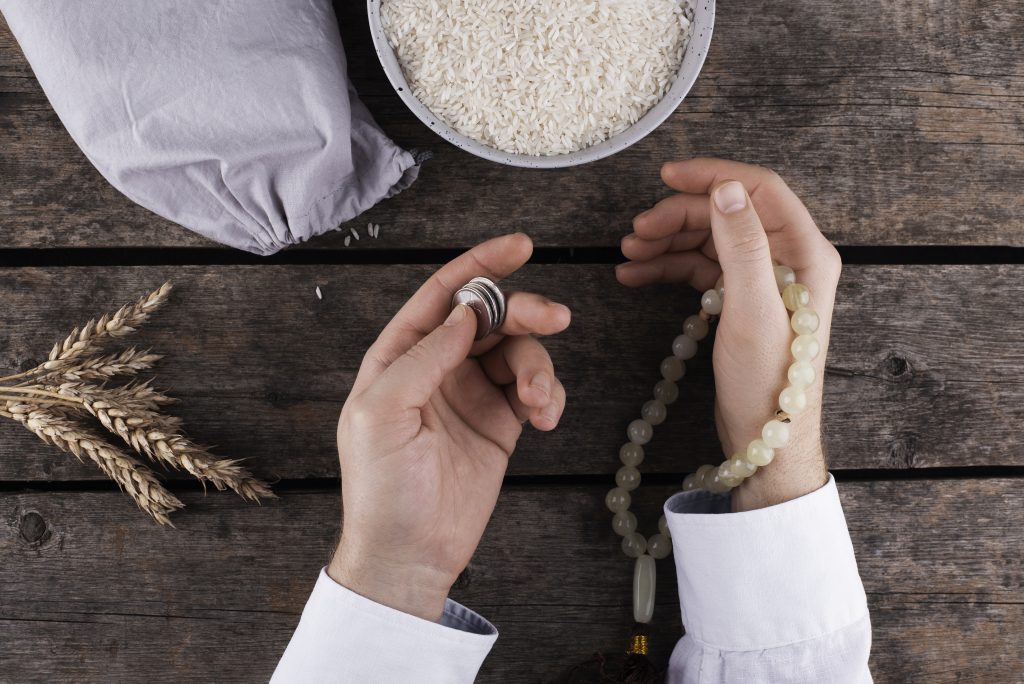
People often think that life in prison is dark, hopeless, and lonely. For many people who are in prison, every day feels like a pile of problems to solve. Being away from loved ones, feeling guilty about past actions, and living in challenging conditions all make it difficult to cope in correctional facilities. Still, some people find light in their confinement through prayer and being with a group that supports them in their prison ministry. Support and prayer have the power to heal, change, and uplift people, even in the most challenging aspects of jail life.
Prayer helps and gives strength. It becomes a lifeline that helps people connect with themselves and a larger mission. Community support, on the other hand, gives everyone the sense of belonging, understanding, and human relationship they need. Prayer and community work together to heal broken souls and help people grow as people. This blog post examines how these factors impact life in prison. When people have faith and work together, even jail walls can’t stop the light of change.
Prayer as a Source of Inner Strength
Prayer gives prisoners a reason to live and peace. When you are in jail, your cell is quiet, allowing you to pray as if you were speaking to a higher power. People can talk about their worries, regrets, and dreams. When you practice this spiritual exercise daily, it becomes a habit that gives your life structure and direction.
A lot of the time, people who are in jail or prison feel completely alone. When they pray, though, they remember that they are never really alone. It makes you feel better and helps you think more clearly. For Muslims in jail, the five daily prayers are more than just a duty; they are a way to keep the peace. At prayer time, there is an opportunity to pause, reflect, and find calm. These steady habits and spiritual connections help them navigate their problems and initiate the process of becoming better individuals.
Building Faith Through Shared Worship
Worshipping together in jail helps people grow spiritually. A spiritual family is composed of individuals who gather to pray, study religious texts, or attend faith-based classes. This togetherness is more than just a way to make friends; it’s a sacred space where people can heal and respect one another.
Many people replace bad habits with good ones through shared prayer. The people around you can help you make better decisions. These group tasks help people learn, forgive, and take responsibility for their actions. In Islamic communities, studying the Qur’an and praying together helps prisoners learn new things and improve their adherence to rules. This journey together builds lasting ties and strengthens each person’s faith. In a world where trust is scarce, worshiping together fosters loyalty, friendship, and mutual support within the prison ministry.
The Role of Community in Encouraging Change
A strong network of people who can help you can make all the difference in jail, especially when connected to a prison fellowship. People who are dealing with regret and shame can find hope in community support, whether it comes from fellow inmates, family members, or staff from outside the prison. These links show that someone still believes in their abilities. Prisons offer safe spaces for individuals to engage in discussions and foster personal growth, such as support groups and peer therapy.
When prisoners find these kinds of groups, they often behave better and less aggressively. A link to the outside world is made by groups that send letters, books, or make regular visits. For Muslim inmates, getting help from the ummah (Islamic community) strengthens their faith and sense of who they are. This helps keep them on track, keeps them out of trouble, and encourages them to grow as individuals, regardless of what is happening around them in the correctional environment.
Healing Through Acts of Service and Brotherhood
In jail, community isn’t just about getting things; it’s also about giving things. It gives prisoners a sense of self-worth and purpose when they assist one another. Sharing food, comforting a cellmate, or leading a prayer group are all simple yet powerful ways that can help people heal.
These acts bring people together and restore their honor. Giving back to the community helps prisoners remember that they are still valuable and can make a difference in the world. Faith-based lessons, like those in Islam, teach people to be kind, generous, and brotherly, even when they are in jail. Many prisoners who adopt this way of thinking become good examples for the other prisoners in their units. They help maintain peace, teach younger prisoners, and promote good behavior. Instead of focusing on themselves, this shift toward service makes the person and the prison group stronger as a whole.
Post-Prison Transformation Through Faith and Support
People who have faith and support while in jail often find it to be a source of strength after they are released, helping them start over. People who pray and get help from within are more likely to stay steady when they’re outside. They recall what they have learned and apply it in their daily lives. Having a strong support system and sticking to a spiritual habit can lower the chance of going back to prison. People in this group often want to reconnect with their faith communities, find employment, and assist others who are facing similar challenges through prison ministry.
People who hear their stories of growth are encouraged to believe in the power of change. The help they get from faith-based groups upon their return makes a big difference. Helping them find a place to live, a mosque, or a chaplain is just one way that ongoing support makes sure their change lasts in correctional facilities. These positive results demonstrate that prayer and community not only transform prisoners but also prepare them for success upon release.
Conclusion
You can’t say enough about the importance of prayer and community support in jail. In a place where things are sad and hard, these two forces are strong ways to change things. People can find peace within themselves through prayer, and being part of a group can give them comfort, direction, and a sense of purpose. Together, they bring about healing, growth, and hope for the future.
People start to change when they are told how valuable they are. Not only do they become better people for themselves, but also for those around them.
People in prison have the strength to change their lives and dream again when they have faith and a sense of purpose. These stories remind us that everyone can be saved. “Practicing Islam in Prison and Society” by Abdul-Jihad can help individuals who wish to learn more about this topic. This helpful book by Author Abdul-Jihad Islam explains how the principles of Islam can bring hope and discipline to even the most challenging situations. Learn how religion and community can light the way to change by following his journey.

